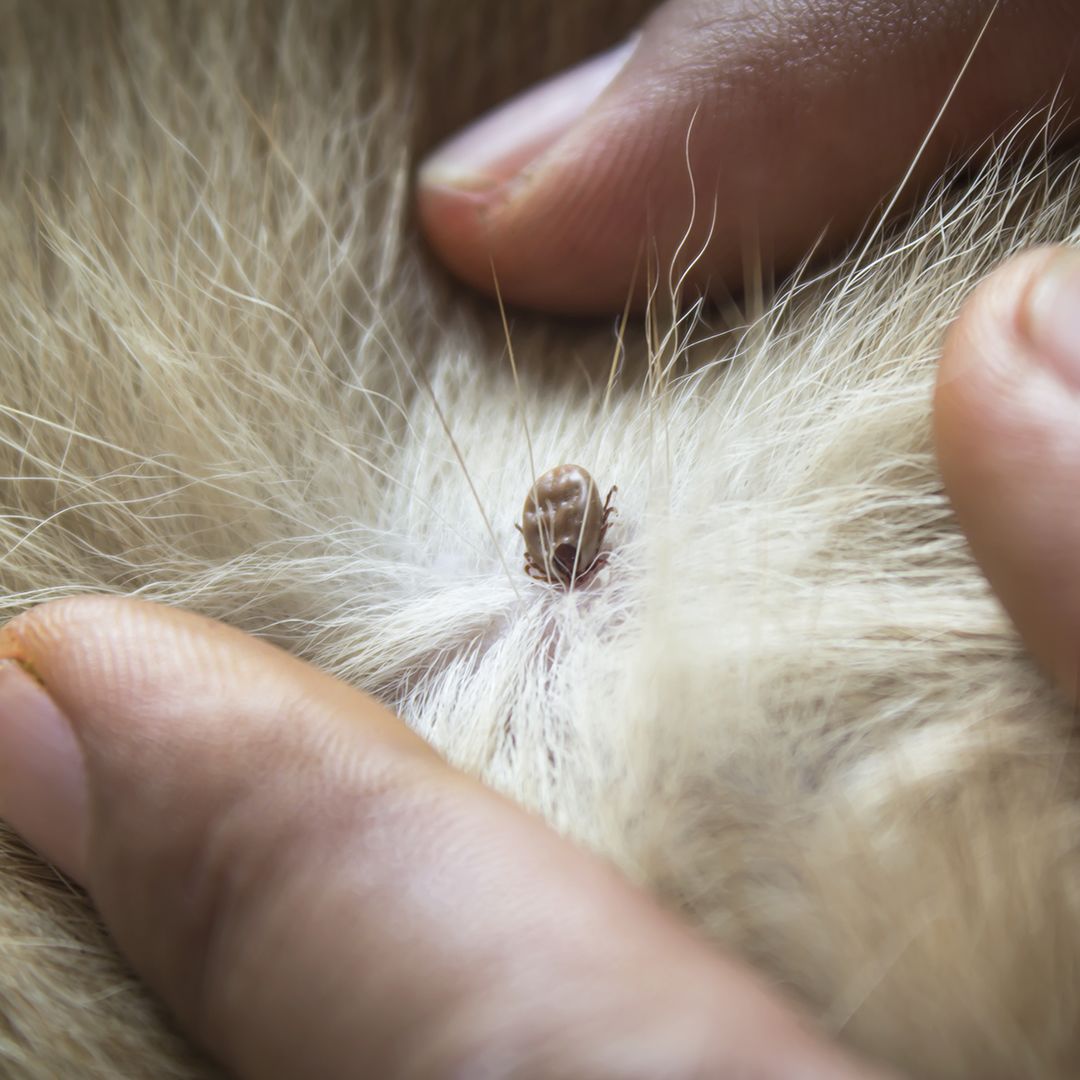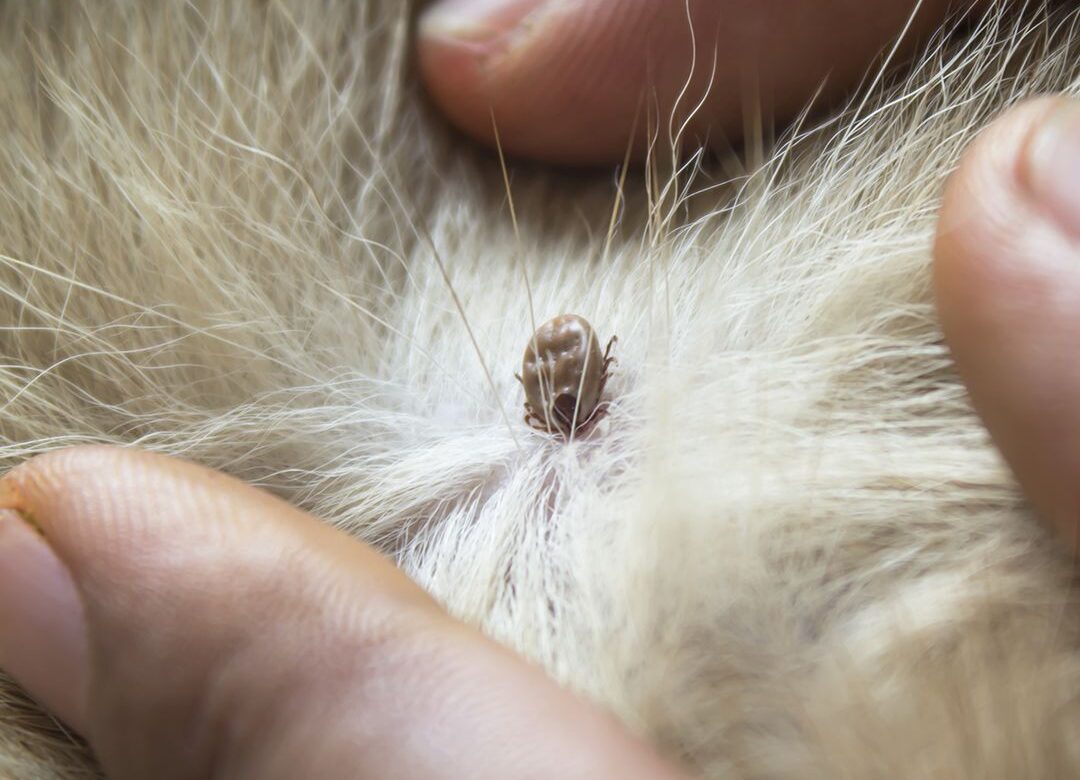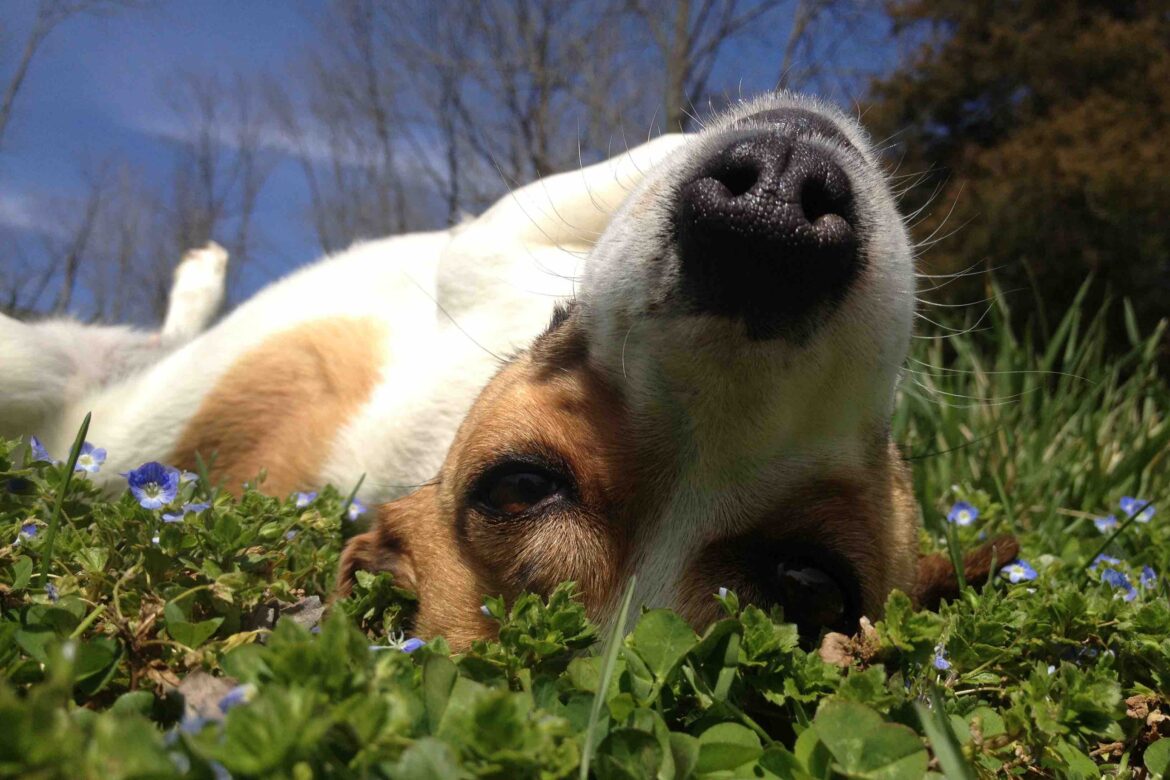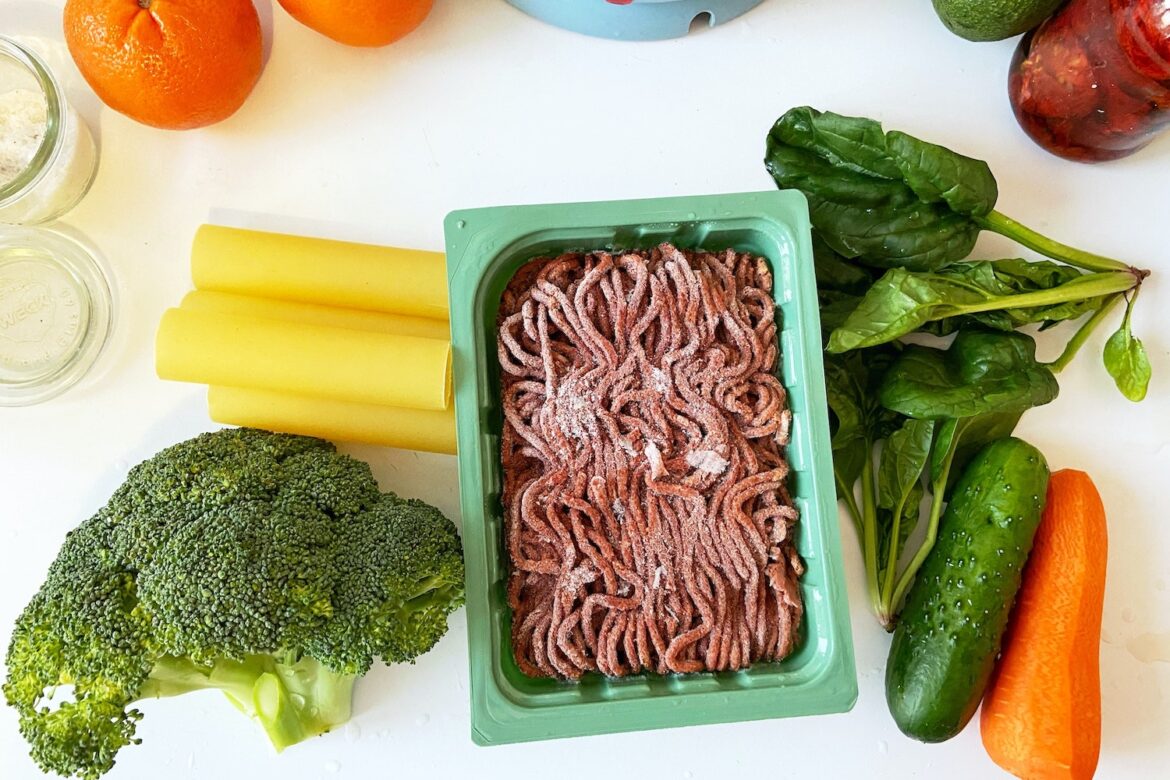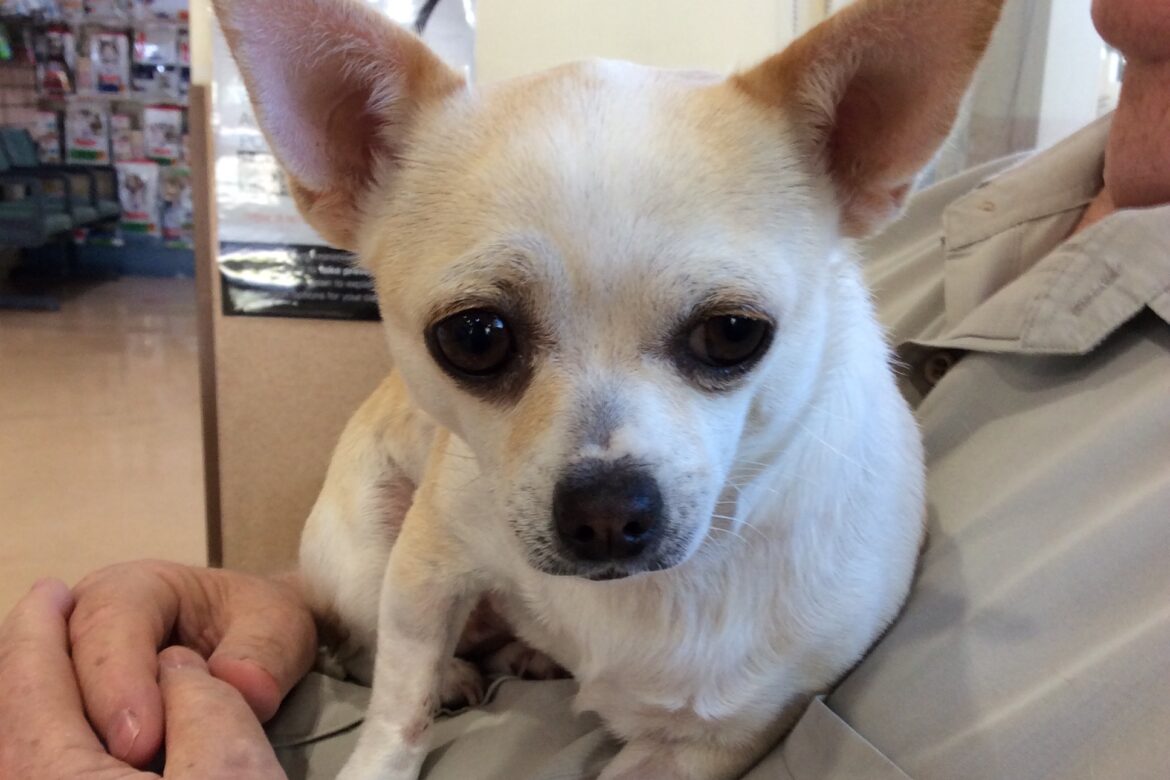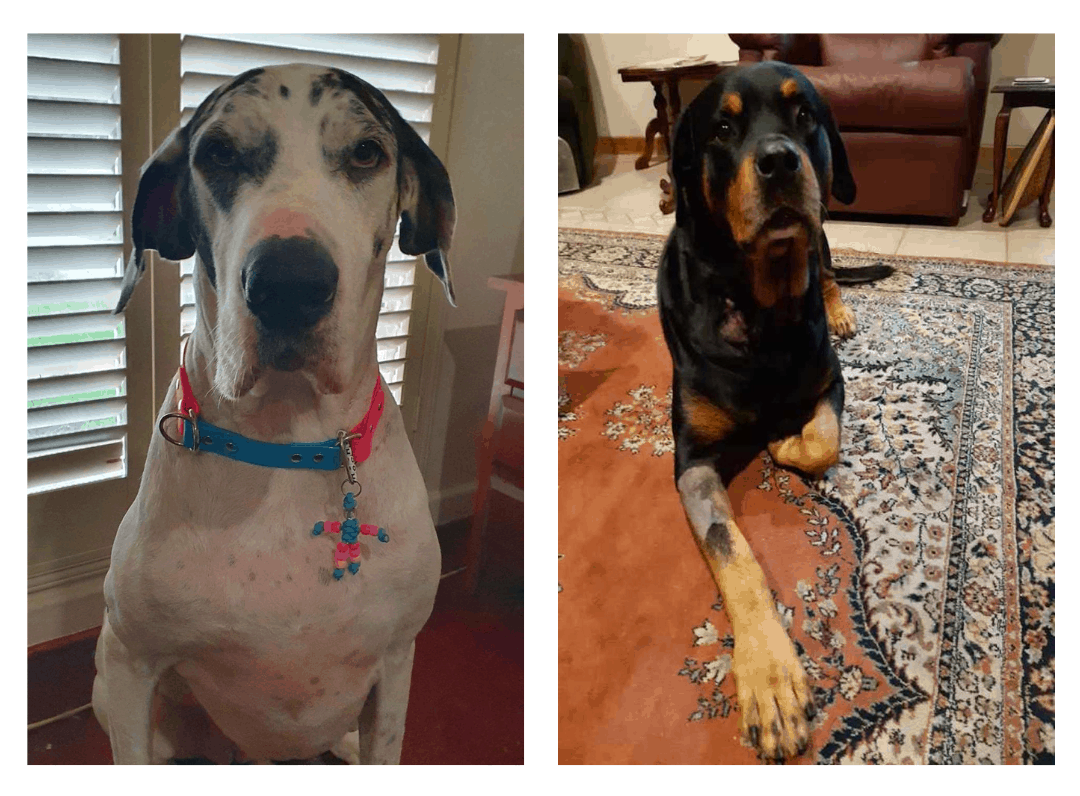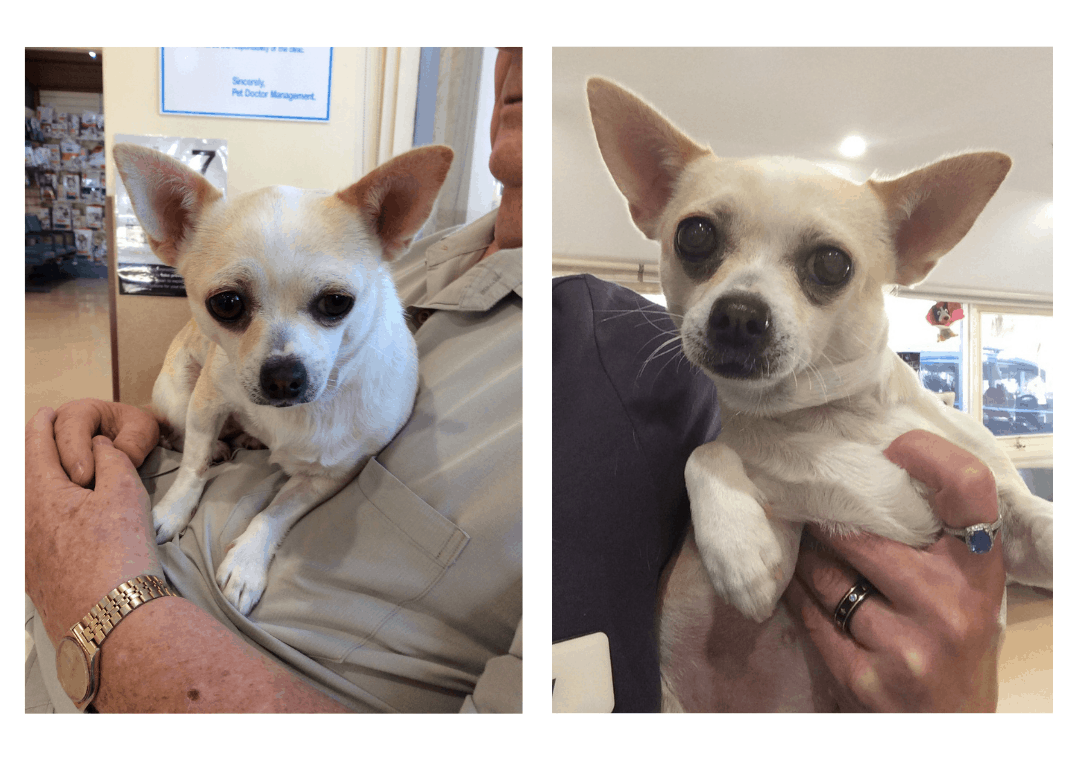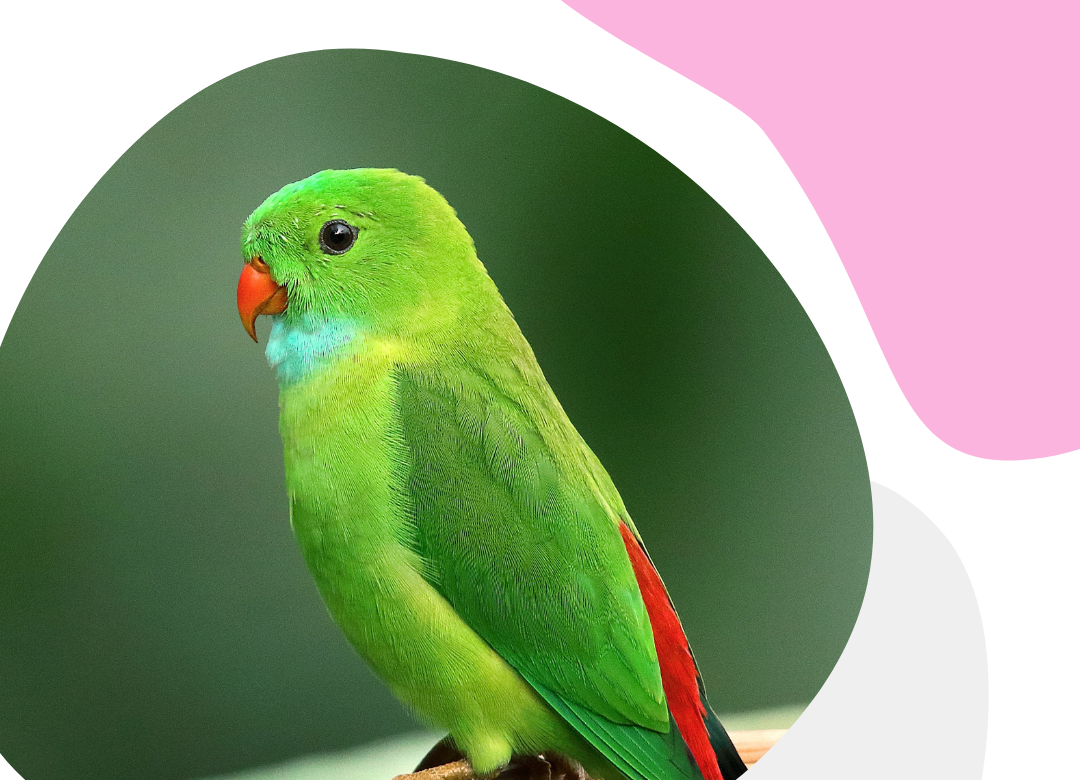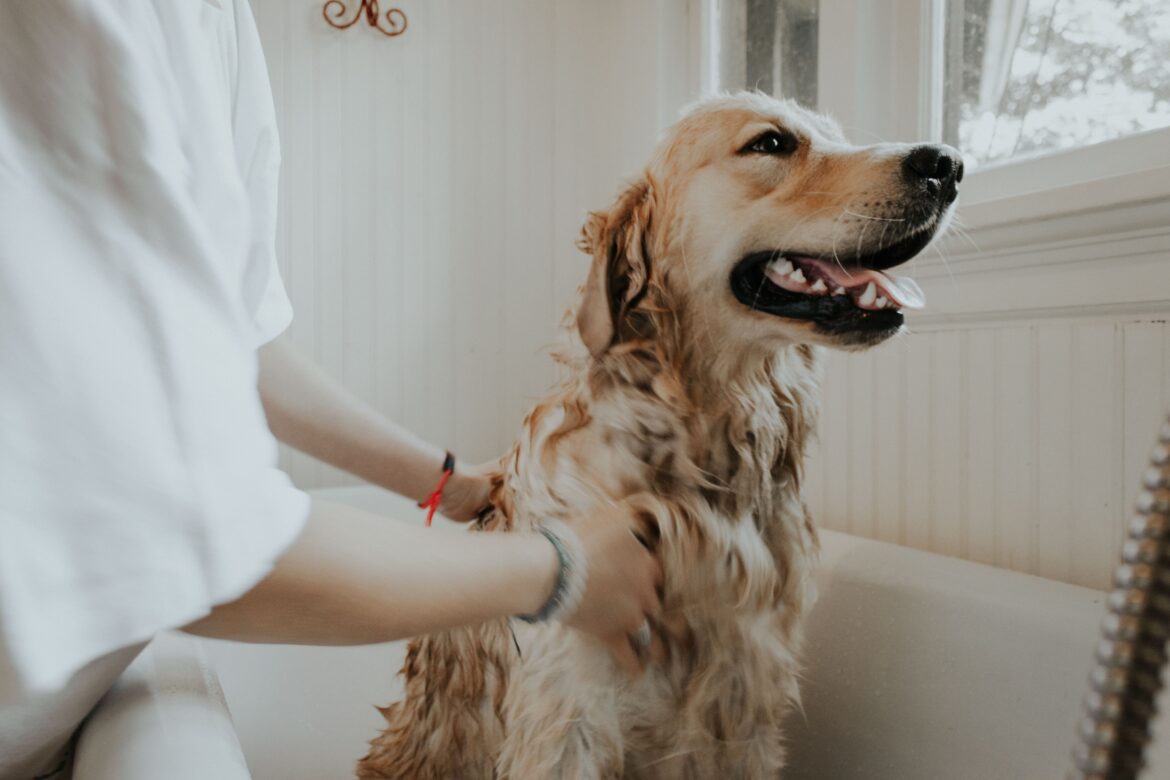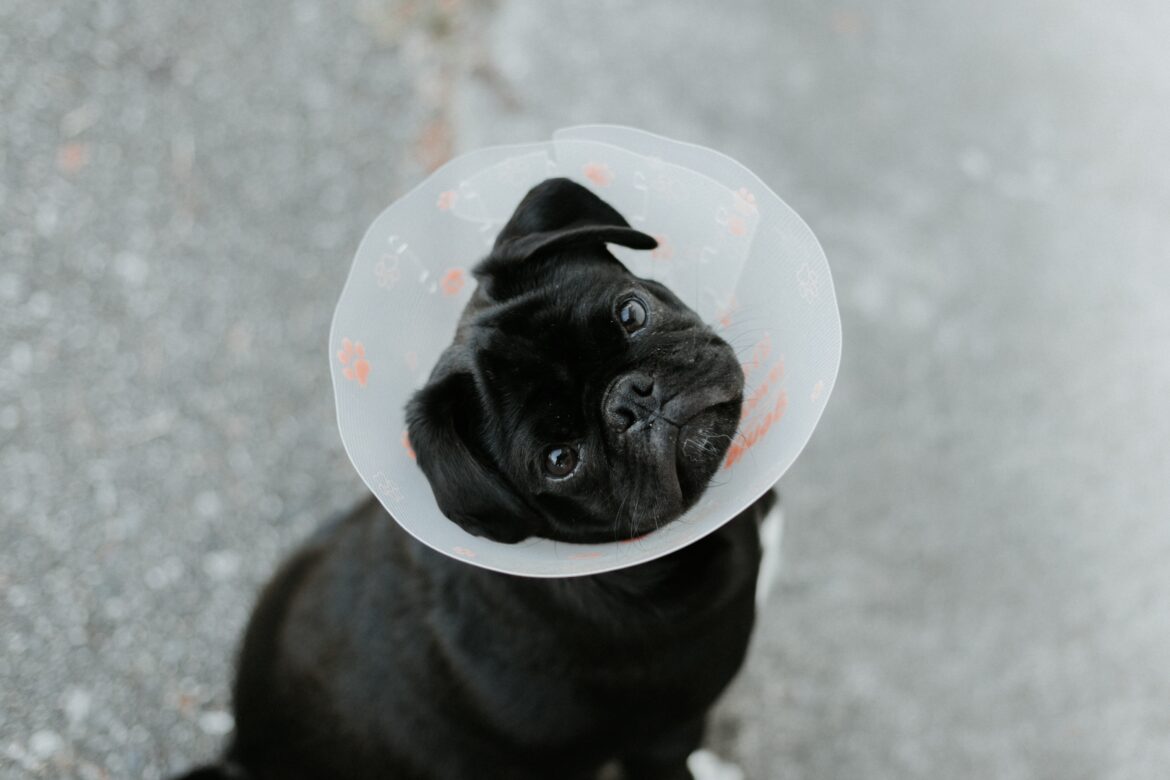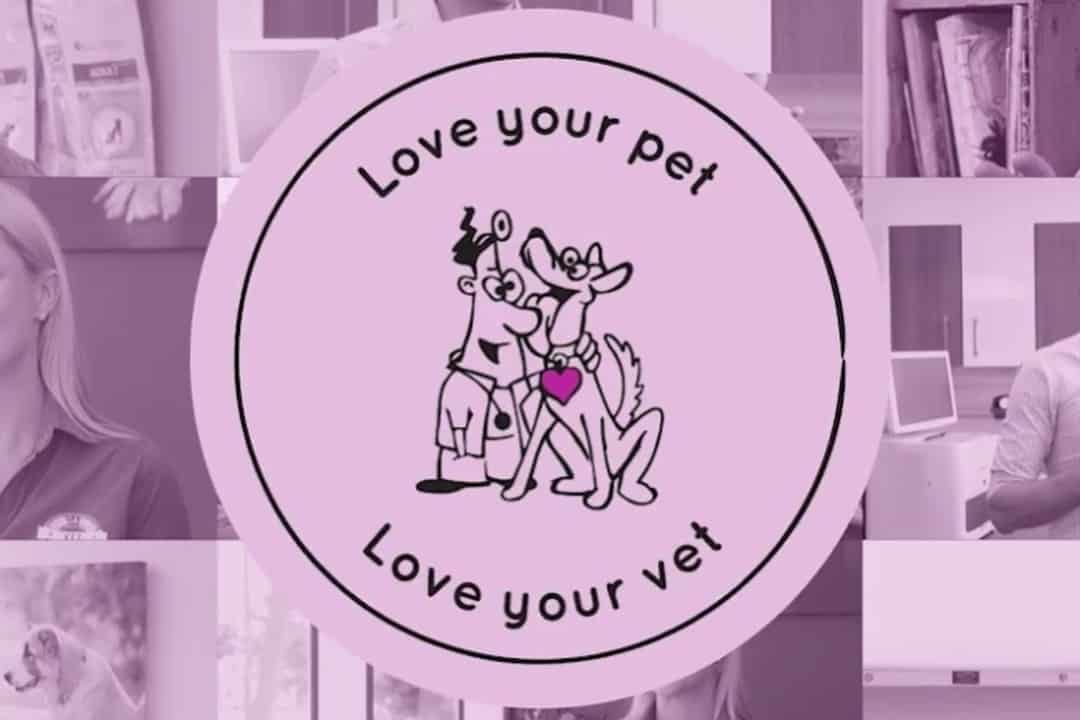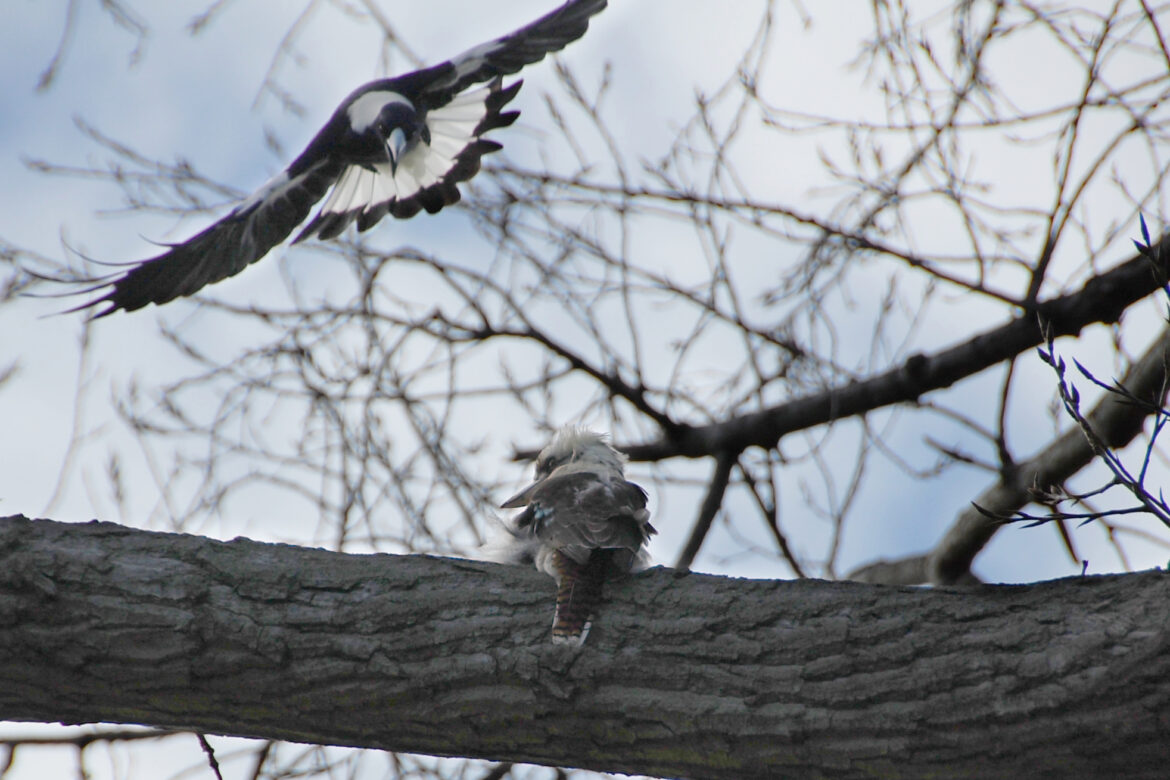Have you thought about feeding your pet a raw diet? Or heard of other people doing so? Ever wondered what the fuss was about, or if it was even safe? We sat down with one of our most trusted Veterinarians, Nicole, who answered some of our most asked questions about the controversial raw diet.
Firstly, what is a raw diet?
Typically people think of the BARF diet when speaking about raw feeding. This is the Bones And Raw Food diet. If we think of wild dogs and wolves, they were predators; hunting and catching prey, with seasonal variety. A raw diet simulates what they would get in the wild and is species appropriate. Dogs and cats are anatomically and physiologically designed to eat and break down raw meat and bones. In order to best simulate this, people feed their pets raw meat, bones, offcuts with fur, etc. This would often be instead of feeding dry biscuits.
Many people say how beneficial it can be for dogs especially, do you agree?
I do tend to agree with this, from a health-based perspective. Again, if we think of the evolution and domestication of dogs, they came from wild dogs and wolves. These animals were catching a variety of prey, and have been designed to cope with raw meat and bones.
Some breeds are now very much evolved from the wild dog due to human intervention and breeding. For example, a Husky versus a Pug. I would say that both would benefit from a health perspective, but due to the anatomical conformation of a Pug, I would actually be weary of feeding them raw and bones. Home-prepared raw diets need to be prepared carefully in order for the animal to get all its essential nutrients.
I also think that some dry biscuits can cause food sensitivities, if they have preservatives or other processed foods that dogs would not be exposed to in the wild.
When feeding raw, the animal does tend to need to work a bit more to eat as well, which is always a positive for maintaining good behaviours. It allows for more stimulation during feeding. It also helps to maintain oral health, keeping teeth clean and strong.
What are the risks involved in feeding a raw diet?
One of the main risks is infectious disease transmission. As we all know, raw meat can be full of bacterial and parasitic organisms which can be dangerous when consumed causing illness. Some of the organisms found in raw meat are zoonotic meaning they can be transmitted to humans.
Another risk is bones. Bones can occasionally get stuck in the gastro-intestinal tract and cause an obstruction, sometimes requiring surgical correction.
What advice would you give to clients considering switching their pets to a raw diet?
My first piece of advice would be sanitation. I would advise people to be very conscious when preparing raw meat and bones, making sure that dishes and cutlery used for preparation are sanitised appropriately. If feeding inside the house, I would recommend a rubber feeding mat to facilitate cleanliness. Hand washing is also very important. If feeding raw, I would not allow the dog to lick the humans as much either as this can transmit bacteria.
Raw takes a lot more effort to formulate and prepare if doing it at home. It is essential to ensure your dog is getting all the nutrition it requires, so you may need to consult a nutritionist for advice.
If starting out, I would suggest finding a company that pre-formulates bones and raw food so it will ensure the proper macro and micronutrients. After doing more research, you can start formulating at home.
I would also suggest having a bag of dry biscuits readily available at all times in case of travel. It will be much more complicated to travel with raw food.
If giving your dog a bone for the first time, ensure they are supervised in case of choking.
Closely monitor your dog’s faeces while they are on a raw food diet as this can give you a lot of information about how well they are digesting and absorbing.
Thank you Nicole for sharing these insights with us. If you have any further questions regarding the raw diet or if you are considering starting your own pet on a raw diet, please do not hesitate to contact Pet Doctor on (08) 8268 6777 and book an appointment with Nicole today.
